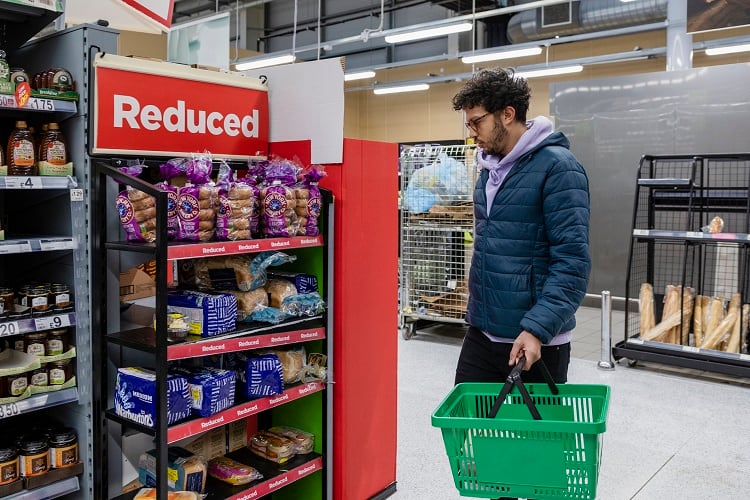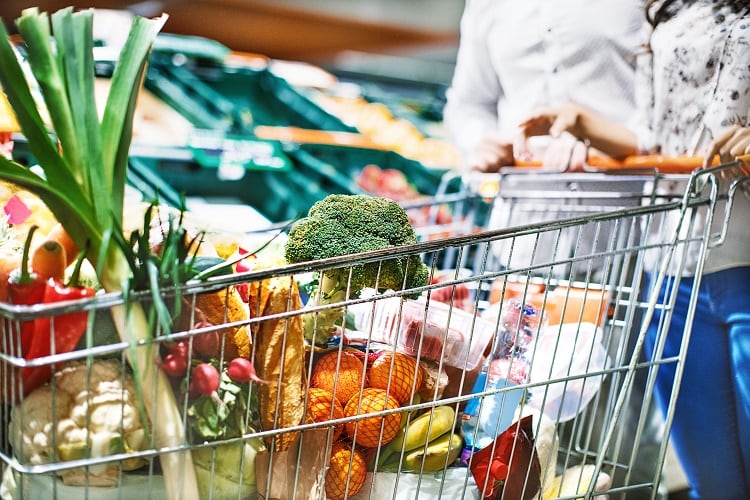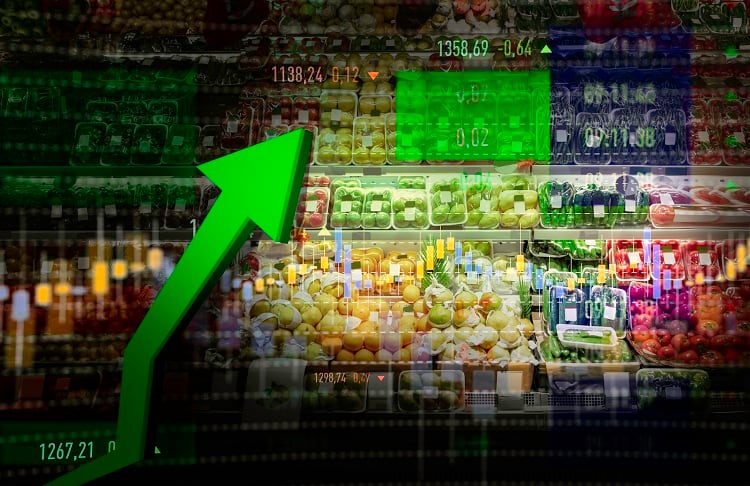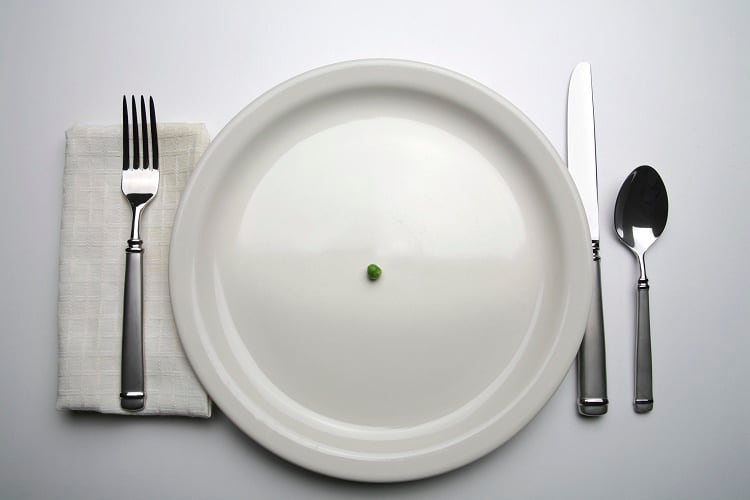Over recent years, consumers have been subjected to sharp and sustained increases in the cost of essential products and services, resulting in what we now term the cost of living crisis. From increased energy bills to increased food bills the financial squeeze has been relentless and, as a result, has changed the way consumers are spending and saving.
Consumer confidence and personal finance
According to financial forecaster Trading Economics, consumer confidence in Europe has been on a steady decline over the past decade and reached a record low of -29.70 points in September of 2022. Coupled with this, many have seen a freeze in their income as employers adjusted financial plans and stopped salary increases to weather the ongoing economic struggles.
As a result of this perfect storm, consumers have been gradually adjusting their behaviours to accommodate for the reduction in available income. But this impact is not just limited to European consumers, the effect is being felt worldwide.
“The cost of living crisis is having an impact on consumers across the globe,” explained Will Cowling, marketing manager of FMCG Gurus, while speaking at IFE 2024. And what’s more, consumer confidence towards the economy and personal finances is not only low, “it’s worsening,” adds Cowling.
This creates a further issue for governments and manufacturers, as the continued belief that the economy is struggling leads to further reduced spending and increased saving, which in turn, further erodes confidence in the economy.
This reduced economic confidence can lead to consumers believing their country is in a recession even after recovery. FMCG Gurus has found that just 25% of consumers currently feel confident about the economic outlook for the coming year despite a recent drop in inflation across many countries and regions, including the EU and the UK.
“Consumers are concerned that they do not have adequate household savings,” adds Cowling. In fact, in Q4 2023, only 37% of global consumers believed they had adequate household savings.
“Consumers are not confident with their own personal finances and this is going to have a direct impact on their shopping behaviours moving into the future."

How are rising prices impacting consumer behaviours?
The impact of the rise in the cost of living, coupled with the lack of consumer confidence has resulted in consumers changing their spending habits in all areas of their lives.
“Consumers are feeling strained financially and they’re actually attempting to make fundamental changes to their lifestyle habits in order to make their money go further. They’re cutting down on big-ticket items, not purchasing new clothes or treating themselves. They’re attempting to walk places rather than drive to save money on petrol and, of course, over the last 12months we’ve also seen a noticeable jump in the proportion of consumers who are looking to limit their use of energy due to rising prices,” says Cowling.
But how is the increase in the cost of living affecting the consumer behaviours with regards to food and beverages?
According to brand watchdog, Which, food prices remain a major concern for consumers, with 85% having equal concern for food prices as energy prices.
With concern over food prices so high, consumers are continuing to find ways to reduce their food bills, with Which finding that 54% of consumers are reported to have purchased cheaper products than they would have prior to the cost of living crisis.

Focusing on the essentials
When it comes to the increase in the price of food and drink products, consumers view essentials such as bread, milk, pasta and cereal, differently to how they view luxury items such as chocolate and wine.
“When evaluating price inflation, consumers are more likely to feel that prices have risen in staple items,” explains Cowling. This is resulting in a very deliberate avoidance of the more expensive, luxury items, in order to accommodate for the increase in the cost of the essential items.
FMCG Gurus has found that approximately six in ten consumers across the globe are actively looking to save money on shopping bills. This means that people are evaluating and making choices on which products are essential and which products they can avoid purchasing. So which products are consumers currently avoiding?
“Snacks, alcoholic drinks, processed foods, frozen foods and soft drinks are all areas that consumers are looking to cut down their spend on,” says Cowling.
This avoidance of non-essential food and beverages is also being felt by the service sector.
“Three out of four individuals across the globe have looked to reduce spend within food service channels over the last year,” says Cowling. “People are looking to reduce spend on more informal, casual occasions, such as grabbing a coffee on the way to work or snacking throughout their lunchbreak and are meal-prepping a more instead.”

Value for money
Consumers are increasingly scrutinising value for money and, when it comes to purchasing decisions, “good value for money is more important than low costs,” says Cowling. That’s not to say that the cost is not important and that consumers are not sensitive to price, but they want to feel the product they are purchasing is worthy of the cost.
“No matter how much a product costs, people will not purchase or repurchase it if they associate it with poor quality.”





